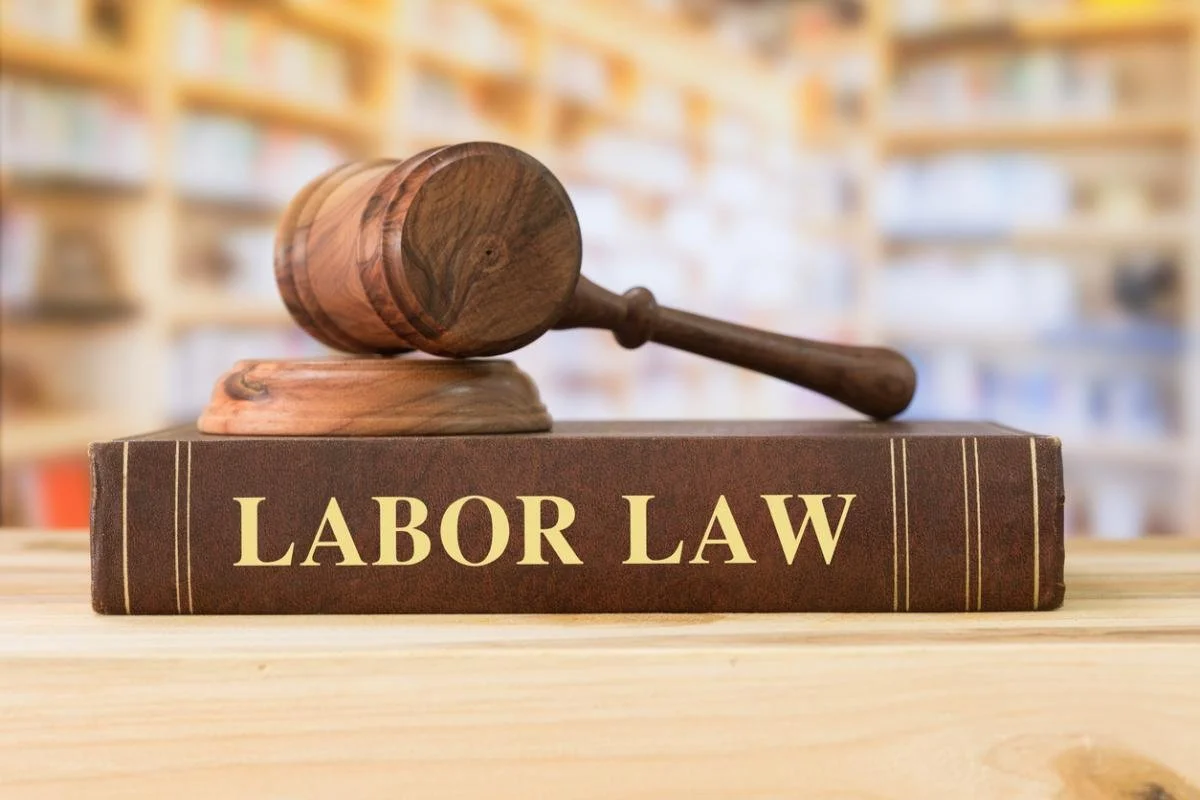Farmworkers Overtime Pay Lawsuit Before Washington Supreme Court
/The Washington Supreme Court will decide whether or not farmworkers must receive overtime wages – after striking down agricultural pay practices twice in recent years. While a hearing isn't yet set, both sides are preparing their case with potentially hundreds of millions of dollars a year in additional costs at risk. According to state law, workers receive overtime pay after eight hours a day or after a 40-hour week. The question before the Washington Supreme Court is whether or not the state law requiring overtime pay should apply to farmworkers. Naysayers insist that inflicting this high cost on a vital portion of the state's economy is unreasonable. But does exempting agriculture from paying workers time-and-a-half for overtime hours violate the state constitution?
Other recent farm-pay lawsuits led the Supreme Court to find that piece-rate workers must be paid separately for rest periods and downtime. The current overtime lawsuit launched off a 2016 lawsuit against a local dairy farm in Yakima County. Court records indicate that Jose Martinez-Cuevas and Patricia Aguilar, named plaintiffs in the case, worked at DeRuyter Brothers Dairy for just over a year. The owners sold the dairy settled the majority of the claims, but the Superior Court judge's ruling on overtime specifically was inconclusive. This case's main issue will skip the court of appeals as the Supreme Court agreed to take on the question.
In 1959 the Legislature exempted agriculture from the state's minimum wage law guaranteeing workers overtime pay. The lawmakers were acting under the 1938 federal Fair Labor Standards Act. Legal counsel for the plaintiffs argues that the federal agricultural exemption has historic racism at its roots. They claim Southern lawmakers created the exemption to limit the pay of black farmworkers. They argue that Washington lawmakers adopting the legislation did not consider the exemption's racist history. Arguments for the plaintiffs are based on a combination of the alleged racial history of the law excluding agricultural workers and the current racial makeup of the excluded agricultural workforce being close to 100% minority. Attorneys for the plaintiffs in the case insist the exclusion should be declared unconstitutional.
Those arguing against the Plaintiffs' case claim the fixation on the racial makeup of the current agricultural workforce has no relevance, noting that in 1959 the farmworker population was 85% white workers. They attribute the exemption to the nature of agriculture rather than racism. As an inherently seasonal business, proponents of the current interpretation of the law argue that overtime during certain times of the year is natural and necessary for the industry.
If you have questions about overtime law or who receives overtime pay, the experienced employment law attorneys at Blumenthal Nordrehaug Bhowmik De Blouw LLP can help. Get in touch with the location nearest you: San Diego, San Francisco, Sacramento, Santa Clara, Los Angeles, Riverside, Orange or Chicago.








